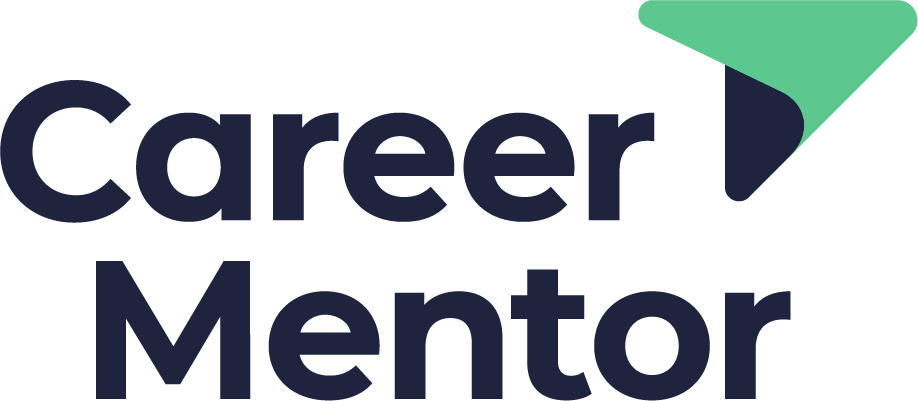The art and science of building soft influence: how to network strategically
It’s difficult enough to get into banking and it’s possible to say that soft influence is a key component in moving up the ladder. Yes, of course, you need to develop your technical skills, gain experience and track record. But building strategic relationships also open doors, creates visibility, and positions you as a leader.
So, what are the considerations that will help you optimise this aspect of your career future? Here are a few things to consider.
Deliberate, thoughtful and authentic: building your professional network
As you build your professional network, it may be worth considering a short list of criteria for those that you want to be connected with. Those criteria might include:
People you like, get on with and share values with
Those who are in the same field as you
Professionals with interesting and useful insights into what’s happening in your industry
People who have influence now or are likely to in the future
Here to serve
My belief is that there are fundamentally two reasons to build and deepen a network relationship with someone:
First, you’re there to serve. So finding ways to add value to others because it’s the good and right thing to do should represent 80 - 90% of your networking efforts.
Second, on occasion, you might need some help - be it an introduction, some information, etc. It’s much more effective to ask for help if you’ve been helping others first. In fact, when I was in Executive Search, our ratio was to help 3 times for 1 of asking. It seemed to work well and we avoided giving people the feeling that they were being ‘used’.
Start close
The starting point for developing your network is with people who you know or interact with already. That will be people you knew at University or on your MBA course, your current work colleagues, the diaspora of colleagues who you have worked with, or who have moved on from your current firm. It might also include colleagues in different departments and roles - so the tech team, the support staff in middle and back office. You get the picture.
Find ways to move outwards
In order to extend your network, you may volunteer for projects and initiatives internally. This might allow you to meet colleagues who you would otherwise never have run into.
Have a system for staying in touch
Consistency of communication and taking action is critical. When I decided to take serving my network seriously, I decided to call someone who I hadn’t spoken to for years. The first thing he said to me was, ‘what do you want?’. Fair enough. I learnt the lesson that I have to stay in touch regularly, and ensure that I’m giving, not always taking. At Career Mentor, we work with our clients to build a simple system that allows them to ensure that everybody in their network will have minimum 2 communications each year, without fail. We emphasise that the system needs to be simple and not time consuming, otherwise it becomes a chore and will eventually be dropped. It has to be sustainable.
Build support: advocates and top cover
An issue that comes up from time to time is that professionals have had ‘top cover’ support from just one senior person. This creates a vulnerability because if that person leaves, you have no one to advocate for you when promotions or redundancies are being considered. Therefore, rather than just hoping that ‘my work and achievements will speak for themselves’, it’s perhaps advisable to, gently and in a way which is appropriate to the culture of the firm, slowly and deliberately build relationships across the leadership team.
Understand what’s valued
This is just a small point, returning to the idea of adding value. It’s worth asking what individuals would find particularly valuable. This will remove guesswork and assumptions in your thinking and make what you do in this regard more effective.
LinkedIn network vs professional network
It’s easy to conflate these two groups. I’d suggest that optimising your LinkedIn profile and actions is essential for your career. Building connections with highly relevant people is part of that. We want to ensure that you’re findable for potential employers who are looking for someone with your background and skills. In addition, it may well be that you’re able to build a relationship with professionals who you’ve met on the platform and over time, you might add them to your professional network. That said, you may want to delineate between your LinkedIn Connections of thousands and your Professional Network of two or three hundred.
—
Building and deepening relationships in your professional network is important. Doing it with service and authenticity in mind is critical. Being nice just because you want something is transparent and is unlikely to work for anyone in the long run. We want a broad, rich and genuine network that we actively and sincerely engage with, who can in turn, if the time comes, also be beneficial.
If you’d benefit from a conversation about how you can leverage your professional network as part of your broader career strategy or job search, let’s talk. Click here to book a no-strings-attached, 15-minute call.
